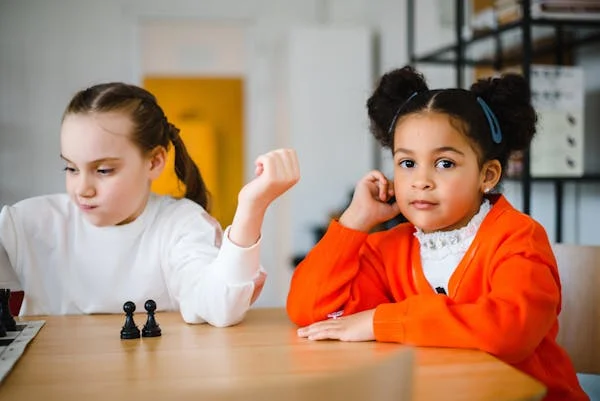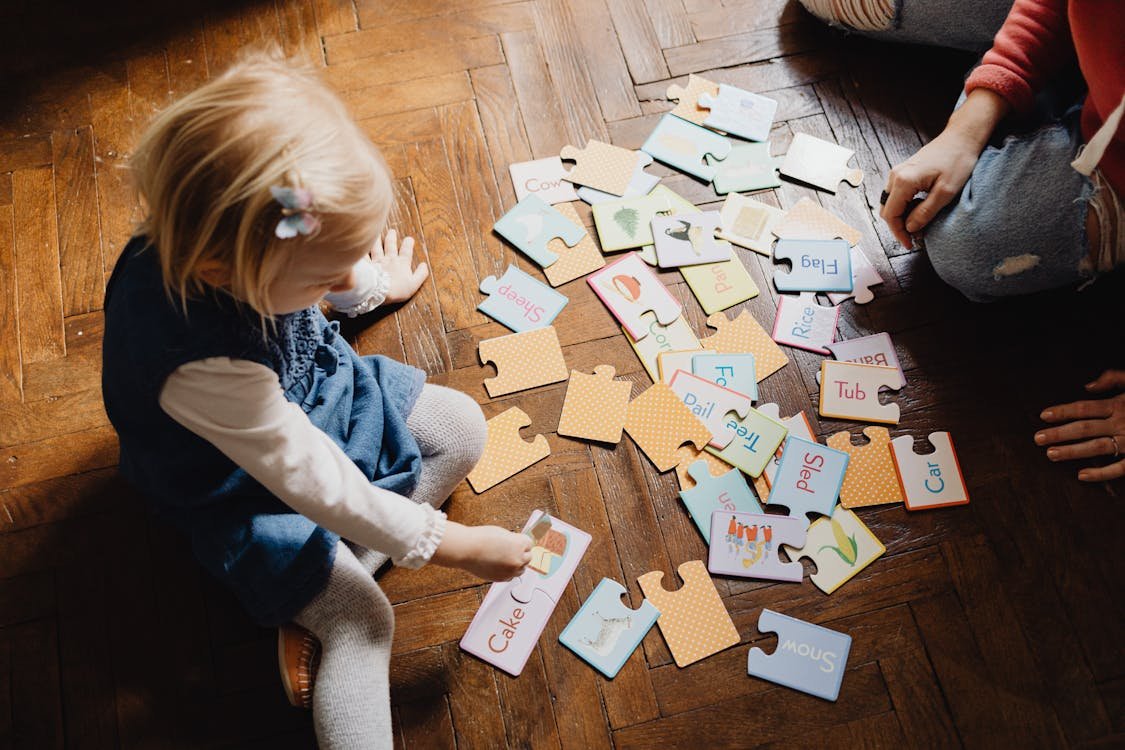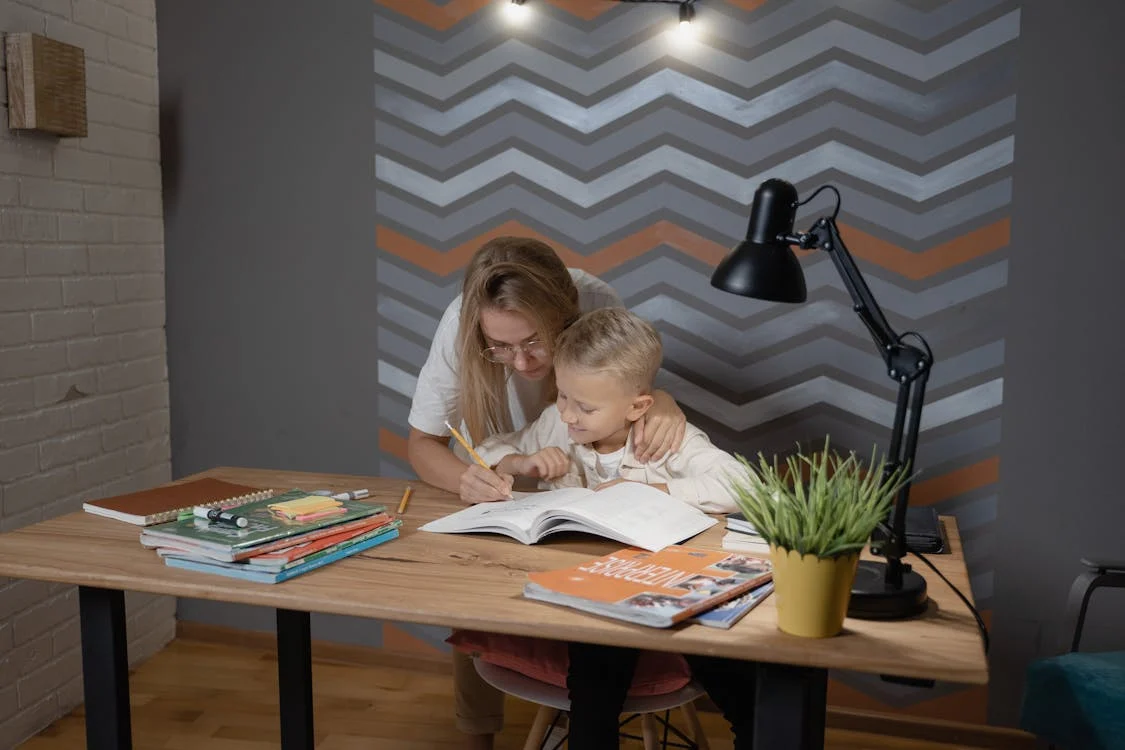Every child has the potential to evolve as a curious, confident, and creative learner. While schools play an important role, families also have a powerful impact on a child’s learning journey.

Parents and caregivers can apply some psychology-based strategies at home so that children can develop the correct mindset, stay motivated, and build learning habits that can help them lifelong. From helping children view their mistakes from a different perspective to exploring their interests, small shifts in approach can make a huge difference.
In this article, we will learn some practical tips for making kids’ learning success possible, both in and beyond the classroom.
Motivate Children to See Themselves as Efficient Learners
Train your child to believe that they can get better with practice. This way, they don’t give up easily and become resilient. Encourage your child by praising the effort, not just the outcome. This instills a sense of self-confidence in them.
Listed below are some of how parents can motivate children to promote kids’ learning success:
Turning Mistakes into Learning Opportunities
When children make mistakes and parents rebuke them for them, they become apathetic toward trying new things. Parents and caregivers should, instead, help children see mistakes as normal and a new learning opportunity. This not only opens a new scope for growth but also encourages them to take risks—an important part of kids’ learning success.
Make the Learning Meaningful
When kids enjoy the learning process, they learn better. This is termed intrinsic motivation, that is, being driven from the inside.
Although schoolwork may not always be fun, parents can make it interesting by linking it to something that their child is interested in. For instance, if a child is interested in animals, parents can link reading or science activities to animals. Finding personal relevance is key to kids’ learning success.

Learning through Curiosity and Creativity
When learning is driven by creativity and curiosity, it becomes more powerful. Children should be encouraged to ask questions, express themselves, and explore ideas. This helps them stay engaged and motivated. When parents support creative thinking, kids’ learning success becomes more natural and long-lasting.
Clear Misconceptions – Help Establish a Robust Foundation
Your child should not grow up with misconceptions. Children often create their own ideas to understand new lessons. If the prior knowledge is accurate, it enhances the experience.
On the other hand, if they hold incorrect ideas like “rain comes from holes in clouds,” this can interfere with learning. Understanding and correcting misconceptions is essential for kids’ learning success.
Nurture Creativity
Creativity is both inherited and acquired. Children tend to explore their creativity when they feel safe to express it without fear of being judged. Provide access to art supplies or storytelling props. Allow them the time and space to try new things. Nurturing originality can powerfully support kids’ learning success.
Encourage Exploration
Kids should be encouraged to ask questions and follow their interests. This fuels curiosity and makes the learning experience joyful. A spirit of exploration is central to kids’ learning success because it keeps them actively engaged and wanting to learn more.
Set Clear Goals and Deliver Timely Feedback
Children thrive when they have a clear understanding of what is expected of them. They feel more focused and confident with specific goals. Instead of saying “Do your best,” try saying, “Complete five math problems before dinner.” Goals should be realistic and age-appropriate.
Also, offer feedback that is specific and encouraging. Praise effort, not just results. Statements like “You’ve really tried hard on this!” reinforce progress and support kids’ learning success in a powerful way.
Conclusion
Helping children thrive academically isn’t about doing their homework or enforcing rigid rules. It’s about creating an environment where kids’ learning success feels meaningful, exciting, and achievable.

When families nurture a growth mindset, spark curiosity, encourage creativity, and set clear, supportive expectations, they become true partners in their child’s learning journey. With the right mindset and guidance, children are more likely to grow into confident, capable, and self-motivated learners—ready not just to do well in school, but to navigate life with resilience, curiosity, and a love for learning.
Nurturing Mental Health in Childhood
Animal Tissue Systems
Cell Envelope
Anatomy of Flowering Plants
Mental Health in the Workplace: Creating a Culture of Care
